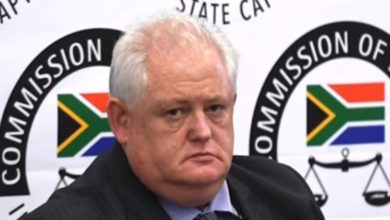
The World Health Organization (WHO) has warned governments across the world against easing COVID-19 restrictions and rushing back to normality too soon, amid the spread of the highly transmissible Delta variant, reported Aljazeera.
During a press briefing on Monday, the United Nations health agency’s top emergency expert Mike Ryan said a new wave of infections could be round the corner and that countries should be more cautious and slow down on easing COVID-19 restriction measures. He said that, for many people around the world, the pandemic was only beginning, not concluding.
“All of the countries of the Americas, we still have nearly one million cases a week. And the same in Europe…with half a million cases a week. It’s not like this thing has gone away,” Ryan added. “It isn’t over.”
The WHO’s latest warning comes amid renewed concern over the spread of the highly contagious Delta variant, which was first detected in India in April. The variant has spread to an estimated 100 countries, and WHO officials have warned it could soon become the dominant form of the virus around the world.
On the same day the WHO issued its warning, Britain’s Prime Minister Boris Johnson announced that most COVID-19 restrictions in the country will be lifted in two weeks.
Last week, the WHO’s Africa director, Dr. Matshidiso Moeti, had warned that the speed and scale of the continent’s third coronavirus wave “is like nothing we’ve seen before”.
“COVID-19 cases are doubling every three weeks, compared to every four weeks at the start of the second wave,” Moeti said during a briefing on Thursday.
Notably, Africa has suffered a record number of coronavirus cases over the past week, registering over 36,000 new infections per day. South Africa is the worst-hit country in Africa, with new daily infections hitting record highs of 26,000 cases over the weekend.






